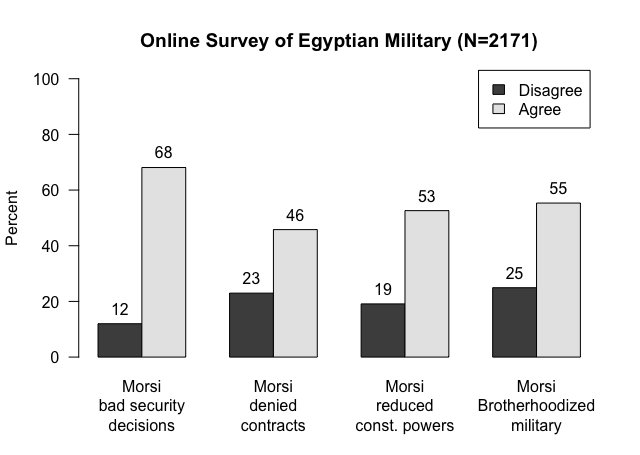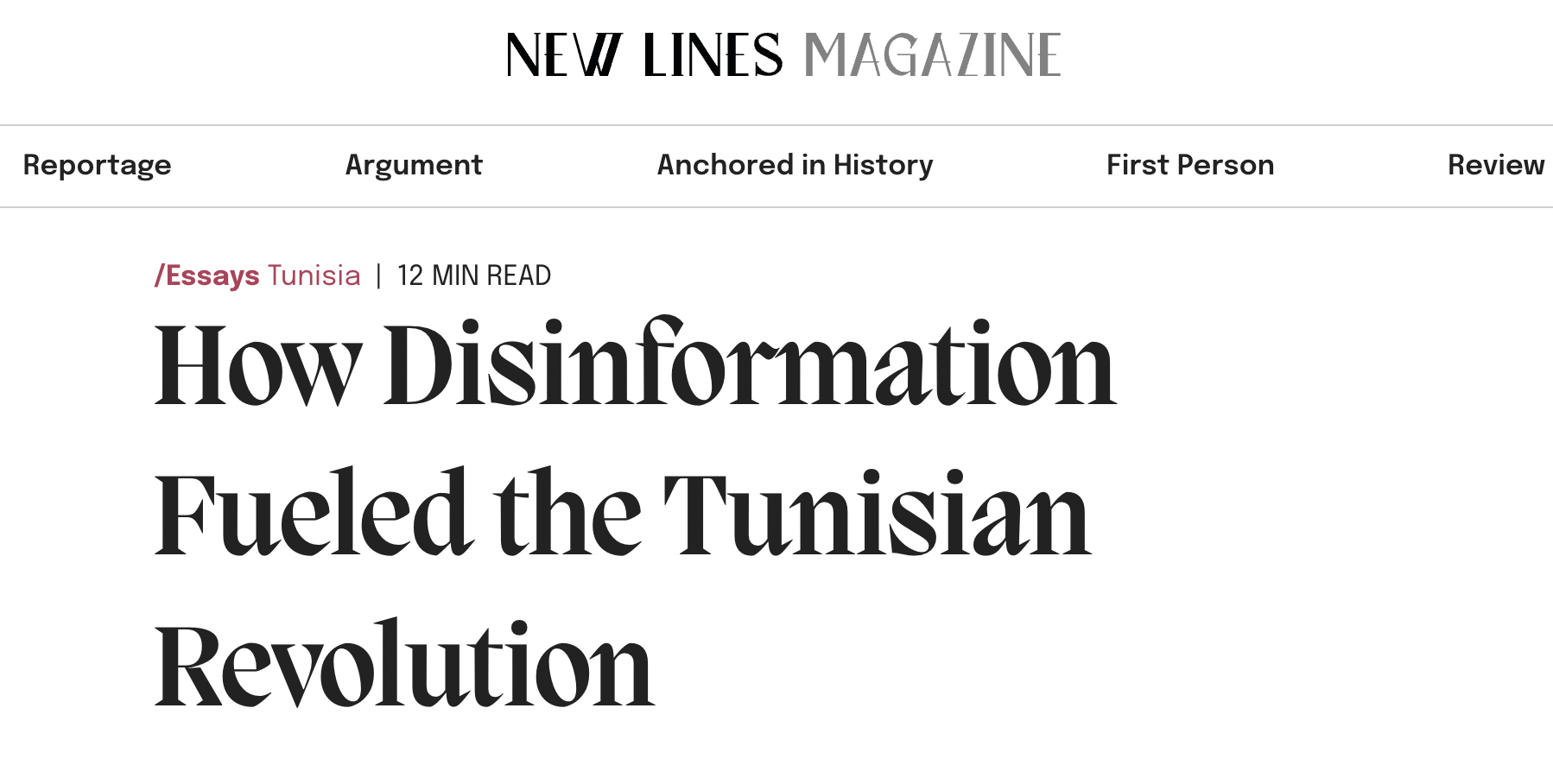Soldiers of Democracy? Military Legacies and the Arab Spring
Oxford University Press, July 2023. Available through Amazon and OUP.
Abstract
Why do some militaries support and others thwart transitions to democracy? After the Arab Spring revolutions, why did Egypt's military stage a coup to end the transition? Conversely, why did Tunisia's military initially support the transition, only to later facilitate the elected president's dismantling of democracy?
This book argues that a military’s behavior under democracy is shaped by how it had been treated under autocracy. Autocrats who had empowered their militaries, securing their loyalty through a share of power and wealth, create militaries who fear that democratization will encroach on their privileges. Empowered militaries are thus more likely to repress pro-democracy uprisings, and if that fails, to stage coups against new democracies. Where autocrats had instead marginalized their militaries, democratization is considerably easier. Yet, marginalized militaries still carry risks of their own, being less able to prevent a descent into civil war, and more easily coopted into incumbent takeovers. In short, the dictator’s choice to either empower or marginalize the military creates legacies that shape the likelihood of democratization and the forms by which it breaks down.
This book illustrates this theory through detailed case studies of Egypt and Tunisia, drawing on over 140 interviews with civilian and military leaders and three surveys of military personnel. It also probes the generalizability of the theory through a cross-national analysis of all countries between 1946-2010. Overall, the book brings the military front and center to the study of democratic transition and consolidation.
This project received support from the Project on Middle East Political Science, the Smith Richardson Foundation, and the National Science Foundation.
بالعربية: اقرأ هنا مقتطفاً قصيراً عن الجيش التونسي الذي كتبته لجمعية قدماء ضباط الجيش الوطني في عام 2018.



















